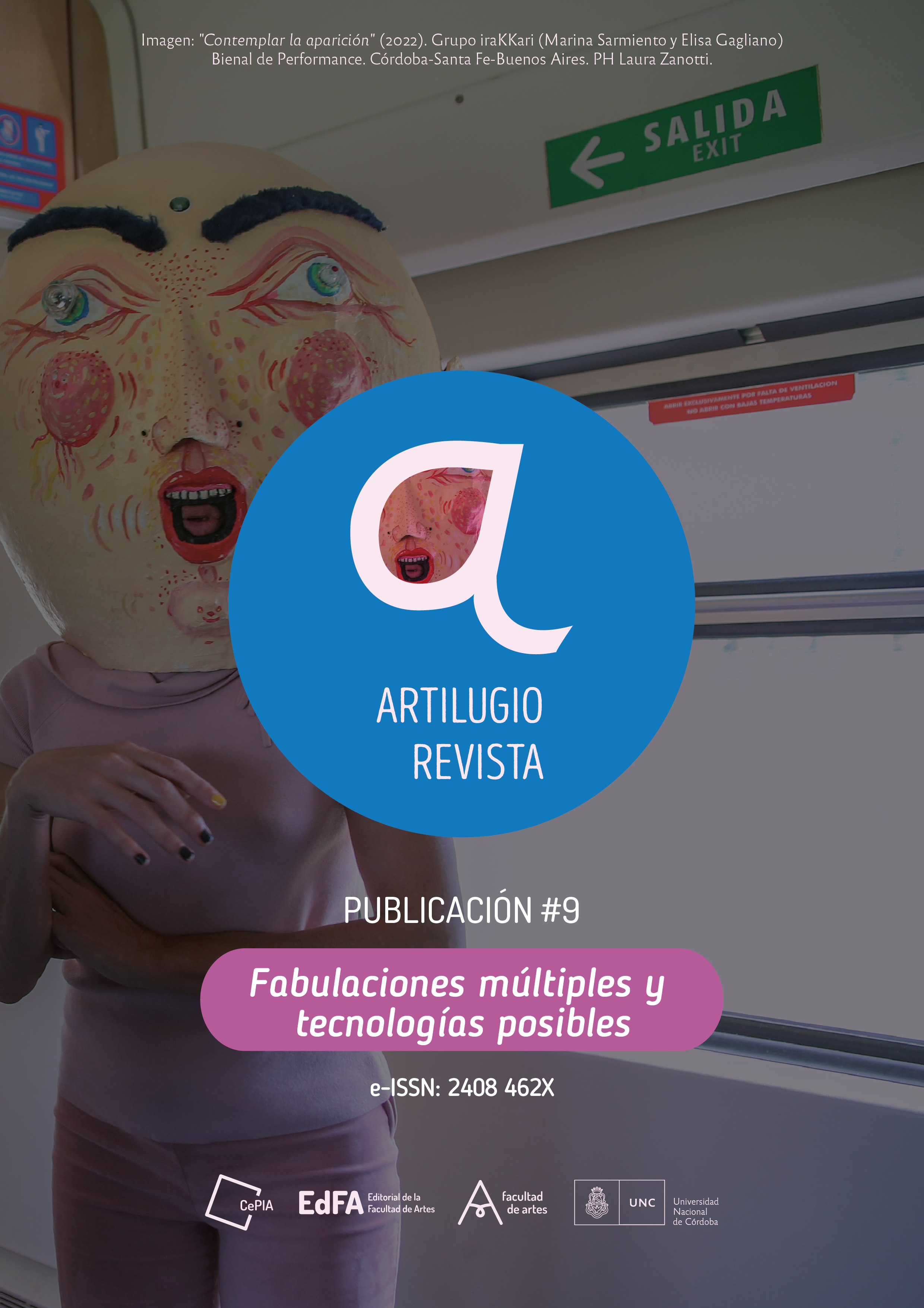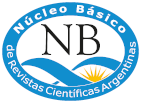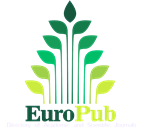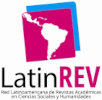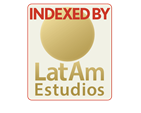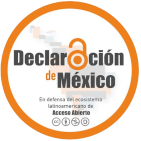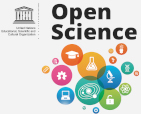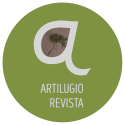Conversations in a circle: high-tech art in the service of social design
DOI:
https://doi.org/10.55443/artilugio.n9.2023.42022Keywords:
dialogue, democracy, asociation, empathy, line drawingAbstract
We are currently witnessing a progressive interest on the part of citizens to become involved in social design, as a result of the manifest servitude of public power to the requirements of the market. Conversations in a Circle materialises a sophisticated artistic technology that makes their intervention possible. This article gathers the experience lived during the implementation of that artistic process in different educational and socio-cultural environments, as an extraordinary and direct way of acting in political life. Through dialogue and drawing, the participants form a micro-community, aware of their capacity to address and take charge of issues that concern them in their daily lives, which they no longer find convenient to entrust to other public or private bodies. The members of these circular meetings ask themselves about the possibility of a free society. To this end, they rethink key everyday concepts such as democracy, creativity and work, among others. By observing and reshaping them, they cease to be abstract and show their meaning in the life of each participant. The group projects the outline of a new social form.
Downloads
References
Bodenmann-Ritter, C. (2005). Joseph Beuys. Cada hombre, un artista (J. L. Arántegui, trad.). Madrid: A. Machado Libros, S.A.
Bohm, D. (1998). On Dialogue. London and New York: Routledge.
Bohm, D. (2005). Wholeness and the Implicate Order. London and New York: Taylor and Francis e-Library.
Cortina Orts, A. (2010). Justicia cordial. Madrid: Editorial Trotta, S.A.
Esquirol Calaf, J. M. (2012). La primera palabra, o la esencia del lenguaje como amparo. Ágora. Papeles de Filosofía, 31(1), pp. 103-120. http://hdl.handle.net/10347/7543.
Esquirol Calaf, J. M. (2015). Uno mismo y los otros. De las experiencias existenciales a la interculturalidad. Barcelona: Herder Editorial, S.L. https://elibro-net.bibezproxy.uca.es/es/ereader/ucadiz/114416.
Freire, P. (2005). Pedagogía del oprimido (J. Mellado, trad.). México: Siglo XXI Editores, S.A.
Gablik, S. (1991). The reenchantment of art. New York: Thames and Hudson Inc.
Gadamer, H. G. (1998). Verdad y Método II (M. Olasagasti, trad.). Salamanca: Ediciones Sígueme, S.A.
Goethe, J.W.v. (2013). Teoría de la naturaleza (D. Sánchez Meca, trad.). Madrid: Editorial Tecnos.
Eidos84. (2011, 5 de julio). Heidegger On Language and Poetry [video]. YouTube. https://www.youtube.com/watch?v=7-P00IDJpvg.
Omnibus für Direkte Demokratie (2011, 1 de abril). Johannes Stüttgen: “Ringgespräche” [video]. Vimeo. https://vimeo.com/21791899.
Sacks, S. (2011). Geben und Ökologische Bürgerschaft. Aus innerer Bewegung zur passenden Form. En Tönnis, A. et al. (Eds.), Da hilft nur schenken. Mit Schenken und Stiften die Gesellschaft gestalten (pp. 38-43). Bochum: GSL Treuhand e.V.
Skrandies, T. y Paust, B. (2021). Joseph Beuys Handbuch. Leben, Werk, Wirkung. Berlin: Springer-Verlag GmbH. https://doi.org/10.1007/978-3-476-05792-1.
Ursprung, P. (2021). Joseph Beuys. Kunst, Kapital, Revolution. München: Verlag C.H. Beck oHG.
Downloads
Published
Issue
Section
License
Copyright (c) 2023 Isabel Añino Granados

This work is licensed under a Creative Commons Attribution-NonCommercial-ShareAlike 4.0 International License.

